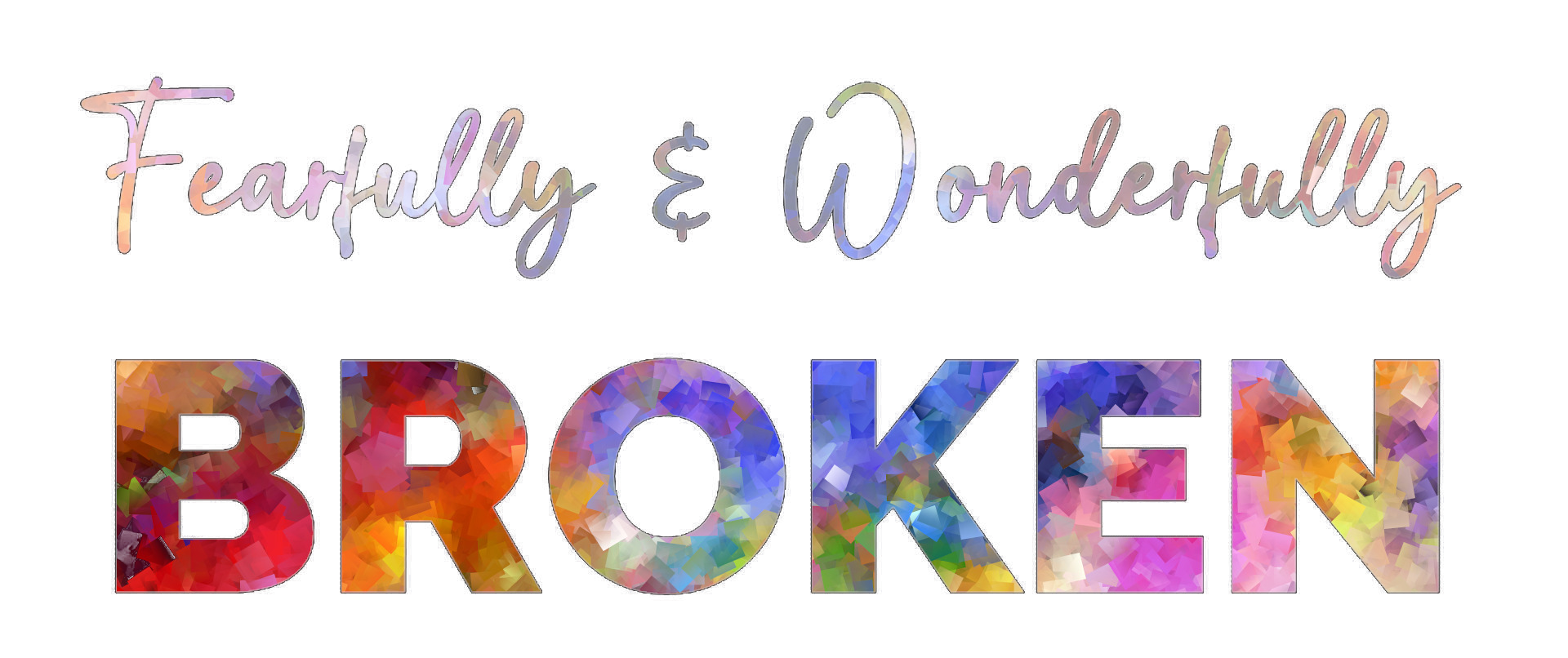Dear John,
So you’re broken. The natural human reaction to that is shame, which sometimes issues in loud denials. I’ve even been told that it’s offensive to them for me to describe myself as broken!

Shame, of course, was the first human reaction after the Fall, before God even removed the various blessings on Adam and Eve (Genesis 3:7, 10).
The thing is that we’re all broken in various ways. Some of those ways are culpable and some aren’t, and it’s frequently hard to disentangle who is to blame for what. Some people have asthma. Some people have a crippling need to be liked by everyone. Others get chemically addicted to alcohol if they so much as taste it. For what it’s worth, the way you are broken is pretty benign.
We’re all broken in various ways. But our brokenness doesn’t mean we are any less loved or valued by God. And that means that we don’t need to hide it. This is the point of saying confessions at the start of church services. When we gather, we acknoweldge before God and one another that we have let him down in all kinds of different ways. We remember that if anyone claims to be perfect, they are severely self-deluded, and making God out to be a liar.
We are all broken in different ways, none of them make us worth any less, and it’s better to be honest about our brokenness than to try to pretend it isn’t there.
At the time I’m writing this, there has been a whole spate of clergy abuse scandals, involving several people you know and look up to. And one of the common themes is the fact that the leaders had been speaking or acting like they were perfect, and other people had let them get away with it, and that meant that the leaders weren’t operating with the safeguards they probably needed, and had other people protecting their reputations from damage.
If they’d been open and honest about the fact that they were broken, many of the scandals would have been avoided.
One of the things I’m profoundly grateful for about my autism is that I’m never going to be a massively charismatic personality, which means I get to avoid a lot of those traps that can derail people.
Being broken is also kind of the point. It’s one of the big themes of 2 Corinthians, and here’s a bit near the climax of that incredible letter.
God said to me, ‘My grace is sufficient for you, for my power is made perfect in weakness.’ Therefore I will boast all the more gladly about my weaknesses, so that Christ’s power may rest on me… For when I am weak, then I am strong.
It’s not meant to be about us. We’re not meant to be the hero; God is. At best we’re meant to be the person who gets rescued and eventually graduates into the endearing but very fallible sidekick. And being broken helps us stay in our role rather than take on the mantle of a role we are woefully ill-equipped to fill.
There are plenty of occasions in the Bible where God tells people that he will need to break them so that they will be able to follow him properly. One very powerful picture is the story of Jacob in Genesis. Before he met God, he was a con-artist who always tried to trick his way ahead in life. When he finally met God, God touched his hip, and after that he always walked with a limp, but at least he walked with God.
All the best,
Future John

Fearfully & Wonderfully Broken is a series of letters from an autistic pastor to his teenage self, covering topics like faith, autism, disability and how to cope with life.
Most of the titles are deliberately wrong, and/or provocative (see letter 2).
 John Allister is the vicar of St Jude’s Church in Nottingham, England.
John Allister is the vicar of St Jude’s Church in Nottingham, England.
At age 18, he was a maths/science geek who didn’t realise he was autistic.
